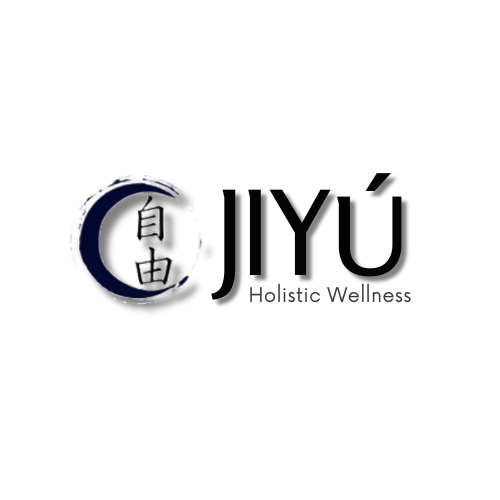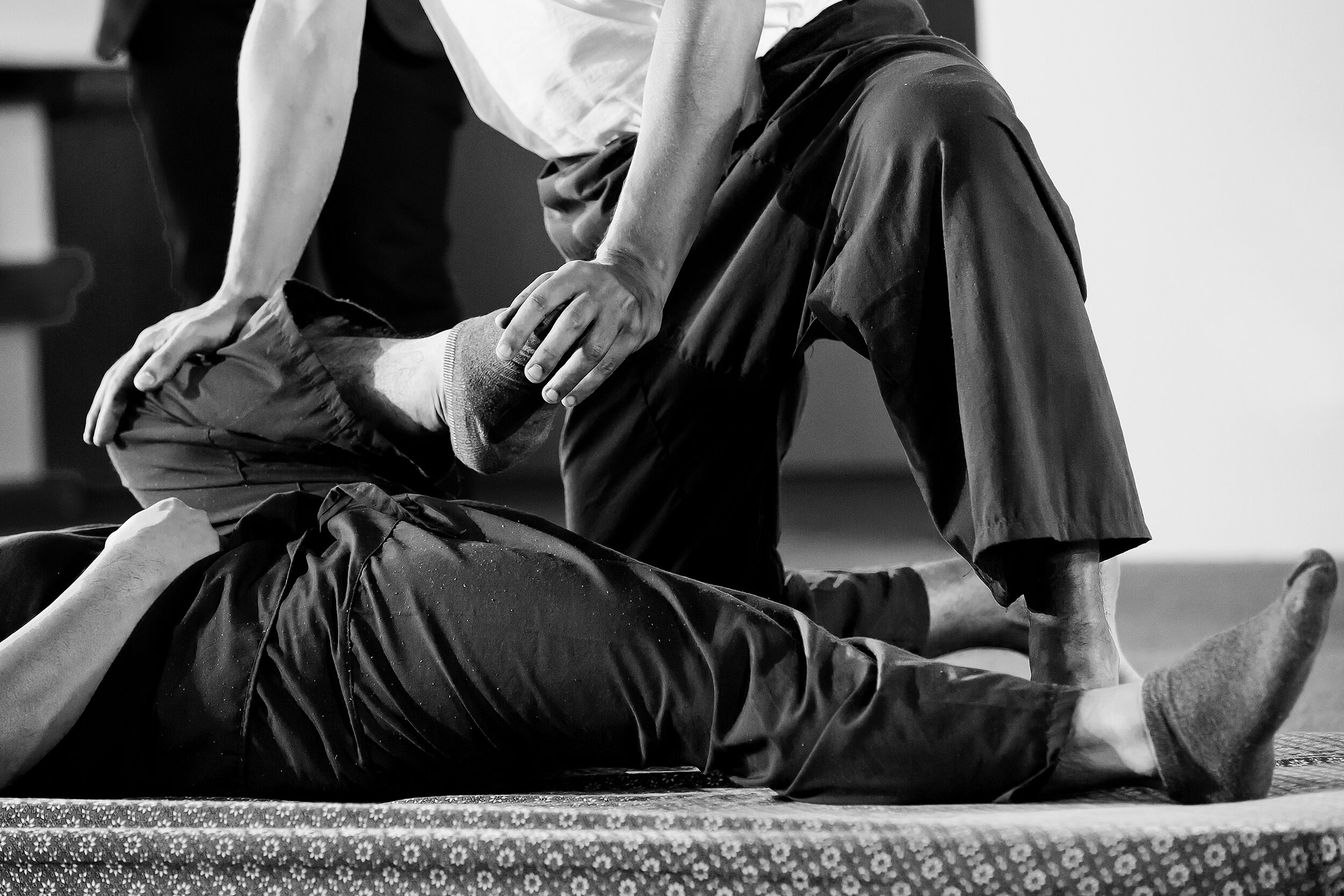The JIYÚ Holistic Approach: Integrating Mind, Body & Spirit
At JIYÚ, a comprehensive, integrative approach to well-being is emphasized. Our philosophy centers around the idea that optimal health comes from understanding and addressing the whole person as an individual—not just symptoms.
Core Principles of the JIYÚ Integrated Approach
Holistic Healing: Create conditions that support the body's natural ability to heal by treating the individual as a whole.
Authenticity & Balance: Discover harmony by studying the relationship of all aspects of life.
Empowerment Through Education: Knowledge is the key to lasting transformation.
Adaptability: Develop skills that help you thrive in a constantly changing world.
Healthy Patterns: Replace unhealthy patterns with sustainable, beneficial practices.
Appropriate & Beneficial Practices: Every action should contribute to overall well-being.
Joy & Play: Find happiness in all aspects of personal growth.
Self-Exploration: Explore your relationship to yourself, your work, others, and the world around you.
Daily Integration: Apply wellness concepts in everyday life for lasting results.
What Does the Process Look Like?
Step 1: Personalized Assessment
The process starts by getting to know you—your current health, lifestyle, and personal goals.
Step 2: Identifying Areas for Improvement
Together, we’ll explore areas such as:
Physical movement
Diet & nutrition
Mental focus
Stress management
Personal & professional skills
Relationship to others and the world
Step 3: Customized Training Plan
A wellness plan is tailored using various tools, including:
Manual Therapy – Relieve pain, tension, and stress. Create an optimal organization in your body to support healing and performance. (Includes massage, Craniosacral Therapy, and other hands-on approaches)
Personal Training – Build functional strength, endurance, and flexibility that is free of excessive tension.
Yoga Therapy & Meditation – Study and cultivate the relationship between body and mind. .
Eastern Philosophy - Discover how timeless philosophies such as Pantanjali’s Yoga Sutras and the Tao Te Ching can help you live a more authentic and balanced life.
Nutritional Guidance – Create sustainable, healthy eating patterns.
Martial Arts & Dance – Learn movement through disciplines that offer a creative outlet, connection, and deeper awareness of the world.
Performance Coaching - Enhance performance for experienced martial artists, dancers, yogis, or creative performers of any kind.
These are not treated as separate concepts, but as tools that work together to support holistic health.
Step 4: Home Practice & Accountability
To reinforce progress, personalized 'homework' is provided, which may include:
Movement routines
Meditation practices
Journaling & self-reflection
Dietary adjustments
Lifestyle changes
Step 5: Ongoing Assessment & Adaptation
Progress is continuously reassessed, and the plan is adjusted as needed. Some sessions may focus on movement, while others may prioritize recovery, stress relief, or philosophical discussions to navigate life’s challenges.
How Is JIYÚ Different?
Unlike conventional trainers, life coaches, or massage therapists, JIYÚ provides a fully personalized, adaptable approach based on your evolving needs. All aspects of one’s health and lifestyle are taken into account. There are no cookie cutter suggestions. You are a unique person with unique needs and circumstances.
Client-Centered Approach: We don’t follow a rigid system but adapt to your unique circumstances.
Teacher-Student Relationship: We foster a partnership of learning and growth rather than a transactional service-provider model.
Holistic Wellness Integration: Each session is flexible, addressing physical, mental, and emotional aspects of well-being.
For example, one session may focus on a structured movement lesson, while another may prioritize recovery through bodywork or meditation. If diet is a concern, we may explore nutritional guidance and monitor the results. If personal development is the focus, we may discuss mindfulness, self-awareness, or even philosophy as they result in your daily activity.
Get Started on Your Wellness Journey
JIYÚ, derived from the Japanese term for "freedom" and "autonomy," embodies the essence of living an examined, intentional life. True wellness requires understanding the interconnectedness of body, mind, diet, sleep, social well-being, and spiritual health.
Many individuals struggle with common health issues, including:
Chronic pain, stress, fatigue, and illness
Sleep issues
Weight management challenges
High blood pressure
Emotional imbalance (anxiety, depression, etc.)
Relating to the world
A holistic approach seeks to address the root causes rather than just treating symptoms.
Example: Addressing Lower Back Pain
Instead of temporarily relieving discomfort with aspirin and stretches, we take a deeper approach:
Assess posture and movement patterns
Improve ergonomics (desk setup, daily activities)
Strengthen weak muscles & release tension
Address emotional stressors that contribute to pain
Optimize diet to reduce inflammation
By treating the underlying causes, overall health improves—not just in the area of concern, but in all aspects of life.
Are you ready to discover your own authentic, optimal way of relating to yourself and the world?
Take the first step toward transformation with JIYÚ today!
Not sure if this is the right fit? Contact me to learn more or ask a question.


